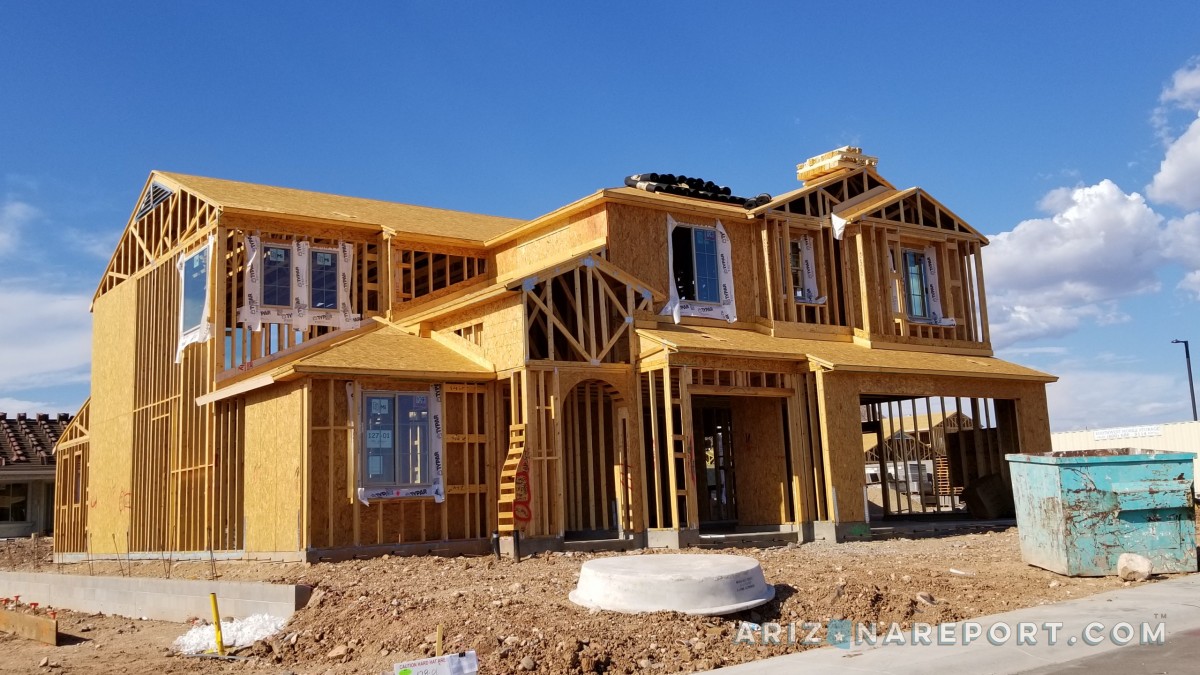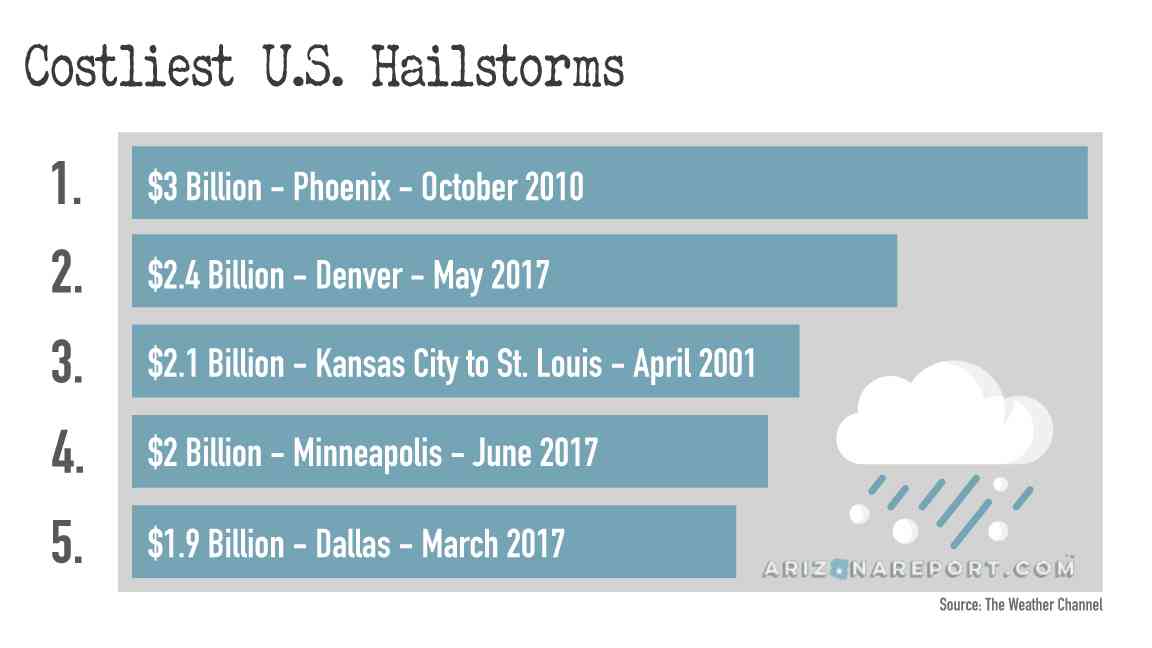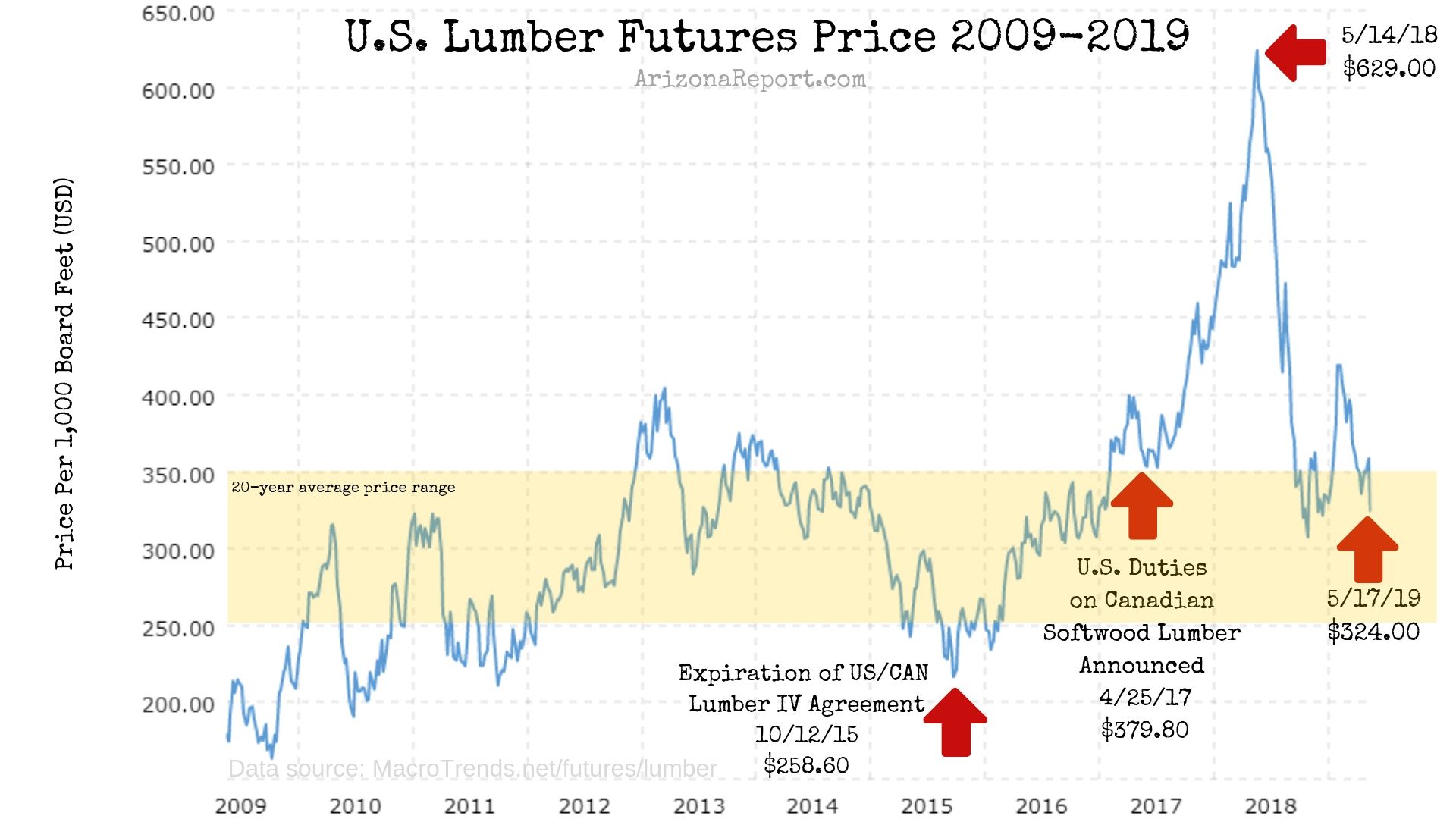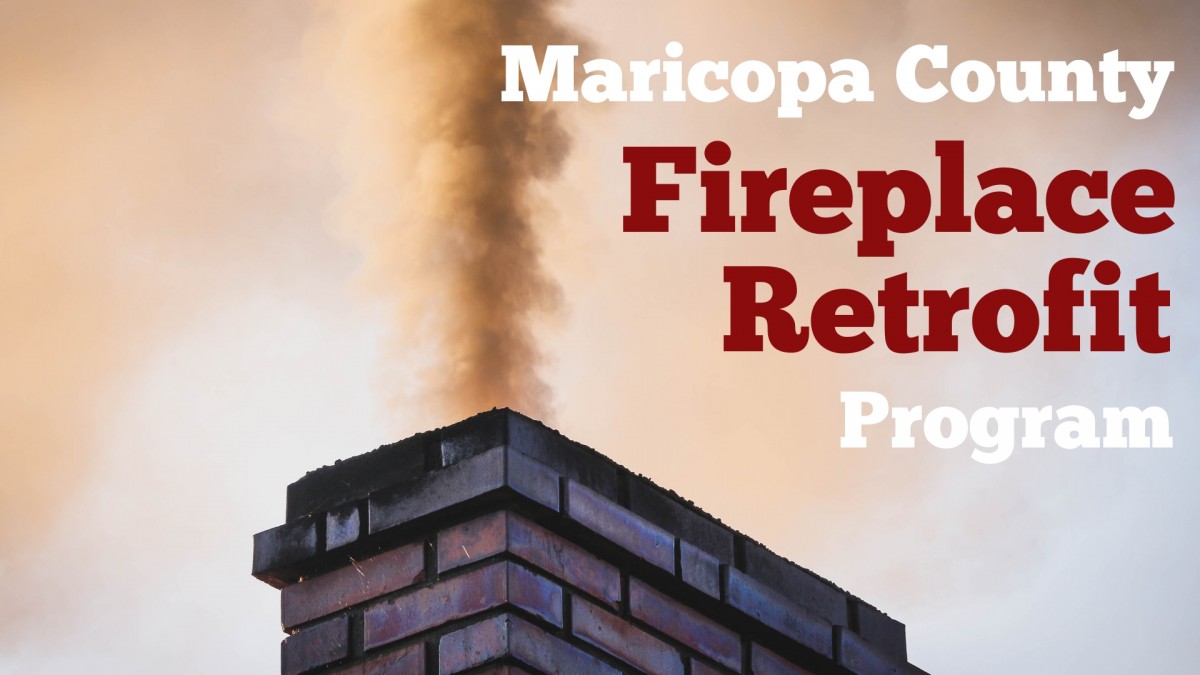- Fountain Hills Ties as Safest Zip Code in Phoenix - Oct 14, 2019
- How Many Single-Family Homes in Maricopa County? - Oct 13, 2019
- Investing in Multi-Family Real Estate in Your 20s - Oct 9, 2019
It may seem like every time you turn around during your new home purchase, there is a fee collected for a service related to the transaction. Credit report, appraisal, homeowner’s insurance. There are a blue million people involved in getting your purchase to the closing table. Then there’s also the optional fee for a professional home inspection.
Doesn’t it make sense that you can skip a home inspection if you are buying a brand new house?
Buyers understand that components on existing homes break due to age and use. Makes sense. That’s why more than 90% of my buyer clients choose to have a licensed home inspector evaluate their older home purchases.
The fallacy about inspecting new homes is that new construction won’t have defects. Indeed, these components come straight from the factory or lumberyard with warranties. But the age of the systems is only a small part of the home inspector’s checklist.
You want to make sure that those new components are present and were installed correctly.
Where a good inspector counts
Manufacturers warranties can be worthless if a part is improperly installed. Consider an outdoor air conditioning compressor on uneven ground. Picture a shingle tab missing its fasteners. Roofing underlayment paper obscuring attic box vents. Windows installed backward (yes, I’ve seen it).
Even elements beyond the control of the installer can void warranties. Water pressure in the home is a prime example. Residential water pressure over 80psi at the meter can cause brand-new faucets inside the home to leak. Valves in washing machines in this scenario wear out prematurely. Mine did.
Water pressure within your new community can vary wildly as new homes in the neighborhood come online. Inspectors can check water pressure on site. They are able to note the presence of regulators that will protect your plumbing.
I highly recommend a professional home inspection even on new home construction. The information and knowledge that you gain in exchange will always exceed the cost.
What do home inspectors check?
Home inspectors perform a limited visual evaluation of the structural and mechanical elements of a home. It is a snapshot of the condition of the home on that day, not a guarantee against future defects. It is also an opportunity to let the home inspector familiarize you with the operation of your new home’s systems. Water shut-off valves, electrical sub-panels and pool pump operation are made a little less mysterious by home inspectors.
Your home inspector will evaluate the roof, walls, foundation, ceilings, floors, roofing, electrical, plumbing, windows, site grading, drainage, exterior cladding, built-in appliances and many other systems. Customarily, items like irrigation, hot tubs, security systems and home electronics are beyond the scope of the basic home inspection.
A home inspection appointment will last approximately 2.5 to 4 hours depending upon the size of the home. At the conclusion, or typically within 24 hours, you will receive a printable report. It details the condition of the elements.
Depending on the square footage of your new home, you may pay $300 to $550 for the average home inspection. Budget about $0.17/square foot (excludes garages and outdoor patios) for the inspection fee. Before the appointment, discuss additional services with your inspector like indoor air quality tests, radon tests and termite certificates.
Builder doesn’t think it’s necessary
Your homebuilder may tell you that it isn’t imperative to have a home inspection. After all, they will provide job superintendents and periodic weekly inspections themselves. You may even be assured by the builder that the local municipality must sign off at completion for the certificate of occupancy. That’s all true, but none of those people are working exclusively in your best interest.
There is much more incentive for the homebuilder to help you before closing rather than after. Defects discovered after closing are usually handled by a separate builder warranty department and wait times are longer.
In my experience, homebuilders who are given a copy of the inspection report and sufficient lead time, are happy to remedy the inspector’s findings.
My experience in the buyer’s seat
Twenty years ago, I hired a home inspector during the purchase of my first new home. I was tempted to save the $350, but I committed on the advice of my broker. I’m glad I did. Here is a summary of his most significant inspection findings:
- A/C compressor out of level
- torn shingles on the roof
- microwave vent fan was not properly vented
- missing section of rolled attic insulation
Any one of these scenarios if left unchecked could have cost me hundreds or thousands of dollars to remedy. The missing insulation alone would have added hundreds of dollars each year to my utility bills. When you evaluate the cost that way, the home inspection just paid for itself.
3 more things new home buyers should know
In your purchase contract with the homebuilder, there are likely clauses relating to the participation of home inspectors. For example, you may need to provide advance written notice to the builder of your requested inspection date. As a result, be prepared to have the inspection performed within a narrow time window approximately one or two weeks prior to closing.
Many home inspection companies also offer a multi-stage inspection over the arc of the home build. Foundation stage, framing, pre-drywall, electrical and plumbing will be separate visits. This type of inspection is more expensive due to the additional trips involved. However, it is advisable for large homes, custom homes or for out-of-state buyers who cannot be fully present during the build.
Ready to hire a professional to evaluate your new construction home? Check this database of inspectors credentialed by ASHI (American Society of Home Inspectors). Before you commit to an inspection firm, prepare with this list of questions to ask your home inspector.
Why can’t we build orphanages next to homes for the elderly? If someone were sitting in a rocker, it wouldn’t be long before a kid will be in his lap.
– Cloris Leachman, American actress and comedienne







